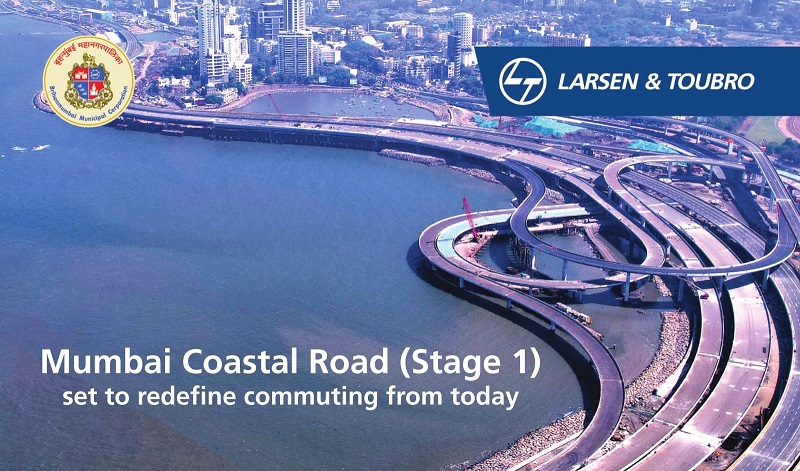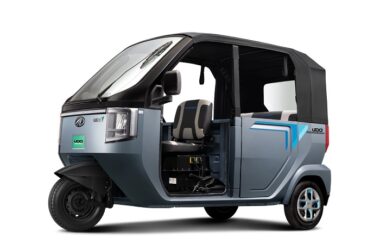Mumbai, India’s bustling metropolis, is now home to a groundbreaking infrastructure marvel—the first stage of the Mumbai Coastal Road, a pioneering seafront development, has officially opened for traffic. This remarkable project, a testament to India’s engineering prowess, stretches the boundaries of innovation with the country’s first undersea tunnel and numerous other firsts, offering a seamless north-south connection across the city’s coastline.
Constructed by engineering giant Larsen & Toubro, the project is a salute to the vision of Prime Minister Narendra Modi and the dedicated leadership of the Maharashtra Government. Chief Minister Eknath Shinde, alongside Deputy CMs Devendra Fadnavis and Ajit Pawar, heralded this new chapter in Mumbai’s infrastructure development, dedicating Stage 1 of this ambitious project to the nation.

Spanning 7.87 km of the total 9.87 km stretch, this phase introduces an 8-lane roadway and a 6-lane tunnel, dramatically reducing commute times by 70%. The project’s hallmark, a 2.072 km undersea tunnel, was carved out by the largest Tunnel Boring Machine ever deployed in India, and it features cutting-edge technologies, including the Saccardo Ventilation System—a first for India—and advanced Traffic Management Control Systems.
The coastal road stands on innovative monopiles, minimizing ecological disruption and representing a significant engineering achievement. Additionally, the project incorporates a marine bridge and complex interchanges, all designed to withstand the challenges of a marine environment while preserving aquatic life.
A study highlights the project’s potential to save up to $100 million annually in carbon emissions, thanks to significant fuel savings. With 18 entries and exits, the Mumbai Coastal Road is not just a feat of engineering; it’s a leap towards a more connected and environmentally friendly future for one of India’s most iconic cities.







